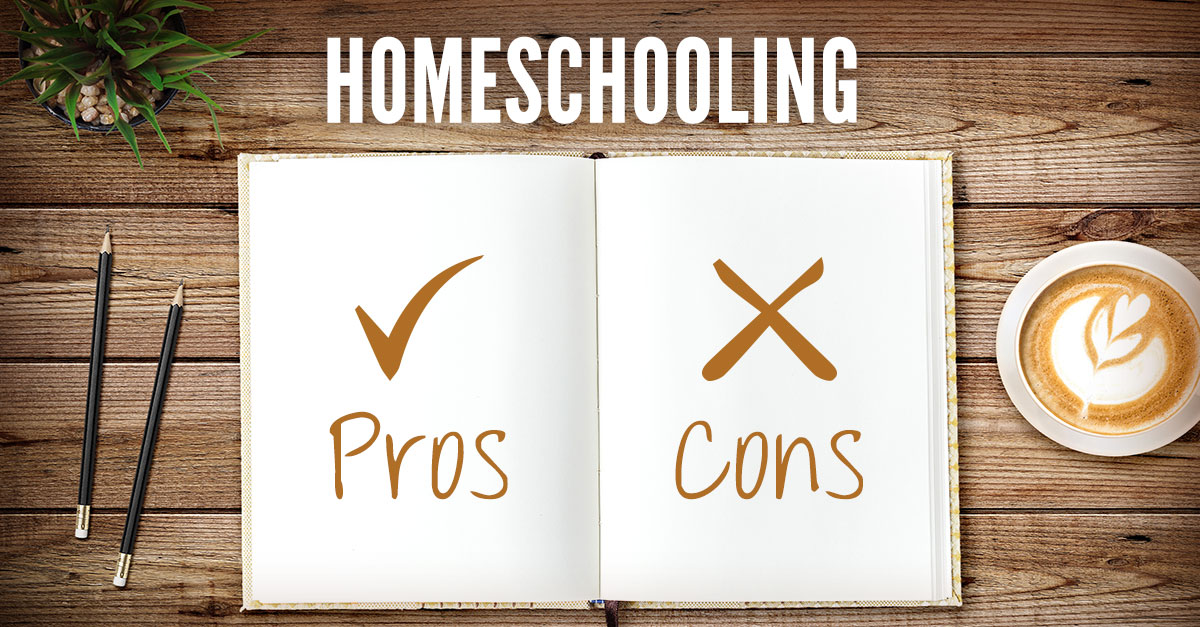Recently, it has become popular among schoolchildren to switch to self-education or distance education. And although now there is active propaganda about the meaninglessness of going to school and the usefulness of self-development outside of educational institutions, the meaning of such education exists only in a certain case and age.
Pros and Cons of HomeSchooling
The Internet and digital technology have blended the concepts of online and distance learning. Both names refer to learning outside the classroom, on your schedule.
We want to consider the pros and cons of such an education, to share our thoughts on when to switch to such a system and whether it suits you. And also, give some practical tips on making the learning process as comfortable, creative, and easy as possible.
What should you do if you are bullied at school, and when should you leave for distance learning?
No matter how hard schooling is for you, you have to get through this period of your life. You need to be able to adapt to any social circle, not hide from people at home. Reconsider your outlook on life and school, try to make more buddies you feel more comfortable studying with, or be able to abstract yourself away from people you don’t like. School gives you a lot of social skills that will help you in your future successful life. Don’t let anyone ruin your school years and create an unpleasant and disturbing atmosphere. No one appointed your abuser better or higher than yourself. Behave with dignity, learn to interact with people. All of this will come in handy for you.
The high school years are a very important time
In high school, many begin to determine their future profession. Some already have hobbies that bring them income and stability, some go into music, and some go into sports. Teenagers are trying to fulfil themselves, trying out different directions. That’s when you can start to educate yourself and organize your time in a way that’s convenient for you. This kind of education is not suitable for everyone. The main thing here is to have a sense of responsibility.
You can do the whole school program in a month or stretch it over the whole year; it doesn’t matter how you do it; the main thing is to finish everything within a certain deadline. You can’t cheat off your friend’s assignment, skip a test, or skip an answer on the board. It would help if you got a grade on all scheduled assignments.
If you decide to discover this way of education, it is important to realize that no one exempts you from the school program, the reading list, geometry tests, or tests in English. You will learn and pass the same things you would have passed in your school. The only advantages are managing your schedule and time and how you dedicate your time to certain tasks. For example, you can make a small plan of creative assignments you have to do (book and screen reviews, answers to questions, essays on assigned topics, and essays) and leave them to your free time.
A little bit about time allocation
You can learn a lot more in a year of self-education in some areas than you can in all your schooling. It becomes more interesting to search and study materials on history, read good books on literature, and analyze them. There is more free time to realize your ideas, learn the languages you always wanted to know, and just live, enjoy breakfast in the morning, and go to the gym. Probably many teenagers miss that kind of year, the year before university, when you have time to live in pleasure and get to know yourself, instead of fussing and pleasing the teachers.
You can count many advantages of distance education, but we found a few important disadvantages that we want to warn you about.
- Too much free time can play against you. Do you need so much time if you have no favourite hobbies or useful activities that please you? Think about what you will do in your spare time, which, by the way, you will have more than usual.
- If you are used to working in a team, you will find it difficult to study alone and solve all the problems by yourself. If you’re working in a group, you can think: ‘I need to find someone to do my homework for me’. Some of your classmates will respond to that but not in the case when you’re studying by yourself.
- Likely, you do not properly manage your time, pushing studies to the end of the year, and the rest of the time, you prefer to rest and sleep. This should not be allowed; distribute everything evenly and expediently.
- Imagine you have an important assignment to complete by an indefinite date. What is the likelihood that you will do it today? What is the likelihood that you will even sit down for it soon and not put it off until the very last moment? Think about it.
Remember that distance education is more suitable for creative people, people with out-of-the-box thinking. Many teenagers will find it much easier to be in their home school, do their teachers’ assignments, slack off on something, skip classes, and go with the flow without thinking about unnecessary problems.
